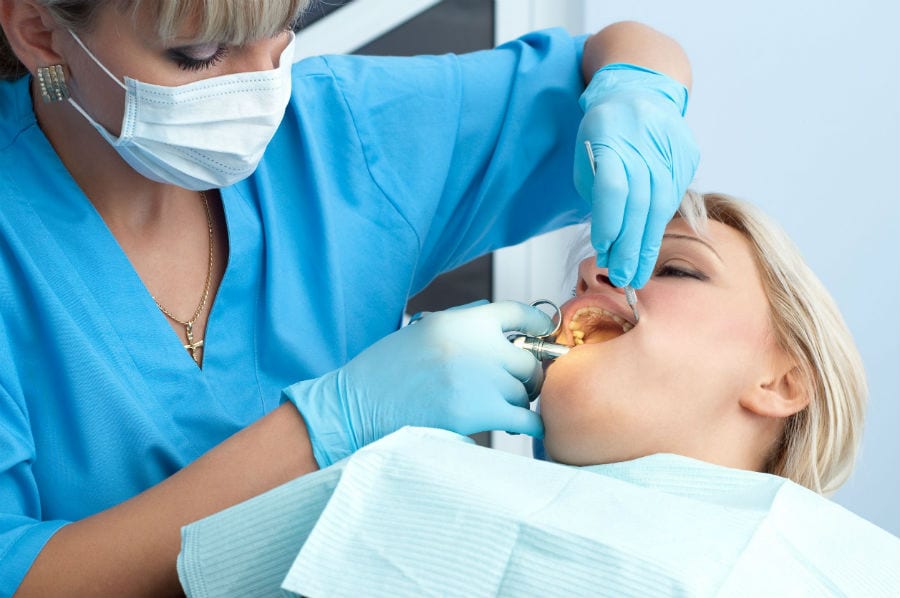When Does Oral Surgery Become the Best Dental Solution?

For many people, the term surgery isn’t something they want to hear. However, when your dentist suggests oral surgery, they usually have a very good reason for it. Understanding what oral surgery is and when it can become necessary can help alleviate any anxiousness you might have about it.
What Is Oral Surgery in Dentistry?
Oral surgery can represent several different procedures. In all cases, these procedures exist to correct a specific problem and to improve your oral health. Some surgeries deal with fixing bone loss or realigning the jaw. Other surgeries can include procedures for removing diseased tissue.
In some cases, alternatives to oral surgery exist, but not always. Even when an alternative exists, the surgery may represent the best possible option for your issue.
Some types of oral surgery do require more extensive work, such as the placing of a dental implant. Understand that a single type of oral surgery can really mean one of many procedures. For example, there are numerous types of dental implants, and each type can mean a different surgical procedure.
What Are the Different Types of Oral Surgeries?
Various types of oral surgeries exist, most of them can fit into a few broad categories.
Bone Grafting
A bone graft involves removing some bone from one area and placing it where your jaw has low bone density. The bone will join with the jawbone, grow, and become stronger over time. This procedure usually becomes necessary to prepare you for further dental work.
For example, bone grafting is one solution for adding dental implants in areas of your mouth where you don’t have enough bone density to hold the implant in place. Bone grafting can also work to restore the line of your jaw to smooth out your facial appearance.
Various methods for bone grafting exist. The bone doesn’t always need to come from you, as there are also ways to use bone from a different source or even artificial bone-like material.
Removals and Extractions
One of the most common dental procedures, tooth extractions, can serve several purposes. Generally, a dentist will only recommend an extraction if no option exists that can save the tooth.
Impacted wisdom teeth tend to receive the most recommendations for surgical removal. If impacted, the molars furthest back in your mouth are the hardest to clean and take care of. The position of these teeth and their orientation make them more prone to gum disease and tooth decay.
Nevertheless, any of your teeth can become impacted or develop issues that necessitate extraction rather than another procedure.
Alveoloplasty
Alveoloplasty is a procedure designed to smooth out or reshape your jawbone. This procedure can help contour your mouth before you’re fitted for dentures. When you have multiple teeth removed, alveoloplasty can help the area heal faster as well.
Many other types of oral surgery exist as well, including:
- Cleft lip or palate repairs
- Various types of dental implant procedures
- Sleep apnea or snoring treatments
- Severe TMJ treatments
- Many types of reconstructive or cosmetic procedures
Oral surgery isn’t always just about your teeth, gums, and jaw. You may receive a suggestion for oral surgery to help deal with any of a number of conditions.
A recommendation for oral surgery will usually mean oral surgery is the best solution for you. If you’re uncomfortable with the idea, ask your dentist to explain what it entails. Your oral surgery should come at the hands of someone qualified to do it, so always make sure you choose a dental practice with the right people on staff.
Accent Dental has qualified people available to take care of all your dental needs, from the routine to the surgical. If you need dental work or just want to check on your dental health, contact us today.

